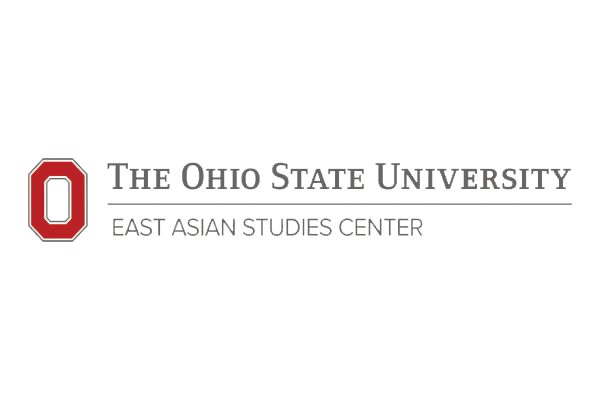
Workshop Instructor: Jeffrey Angles, Professor Western Michigan University
Workshop Dates: Monday, May 24 - Friday, May 28, 2021
Priority Application Deadline: Friday, April 2, 2021
Final Application Deadline: Monday, May 3, 2021
Priority applicants will be notified of admission decisions by April 9; all other applicants will be notified by May 10
This course is a week-long, intensive workshop-style seminar for aspiring Japanese-English translators about the theory and practice of literary translation. Registration for the workshop is free, but there may be charges if you decide to take the 1-credit group studies course Japanese 5194 (graded Satisfactory/Unsatisfactory). This workshop will also have required texts that may need to be purchased.
There will be approximately six hours per day of intensive discussion, meetings, and visits over the five days of this workshop, so students should come thoroughly prepared each day. The goal is to provide participants with a basic working knowledge that will prepare them to enter the complicated field of literary translation. Discussion will focus on two major themes:
- Basic translation theory so that participants learn how to talk about translation projects in ways that are meaningful to editors, publishers, critics, and reviewers
- The practice of being a literary translator, including information about how to break into the market and become successful as a freelance translator
The course will meet for the better part of each day for a week. On each day, there will be a combination of three different types of activities.
- Discussions of assigned readings. There will be three types of texts:
- Often-cited “theoretical” writings that have shaped the way that people talk about translation, such as the influential writings of Friedrich Schleiermacher, Antoine Berman, and Lawrence Venuti
- Practical advice about the way that the literary world works in contemporary America, including information on copyrights and approaching editors
- Case-studies that examine what happens to the content and formulation of literary texts when transposed into a new linguistic and cultural environment
- Practical workshops during which participants gain experience in translation by working together and with the instructor to produce a consensus translation of a pre-determined Japanese literary work by the popular, bestselling Japanese author Nakajima Kyōko (中島京子) with other participants. The workshop hours will focus on the following four activities:
- Two special visits via Zoom by author Nakajima Kyōko so that participants have the chance to ask questions and gain experience working with a well-known author
- Large-group discussions of the text, its meaning, embedded cultural information, and potential problems for translators
- Small-group discussions of the text in which students cooperate to produce provisional translations of the passages assigned to them
- Large-group discussions while bringing together the provisional translations, focusing on language choices, the consequences of those choices, and methods of determining the “right” translation
- Zoom conversations with experienced translators and editors who will share practical advice, including how to navigate the world of translation, how to break into the business, how to approach copyright holders and editors, etc.
Prerequisites: Japanese 5501.01 or 5501.02 (Level 4-II), or Intermediate High or above on the ACTFL standardized tests, or N2 or above on the Japanese Language Proficiency Test
